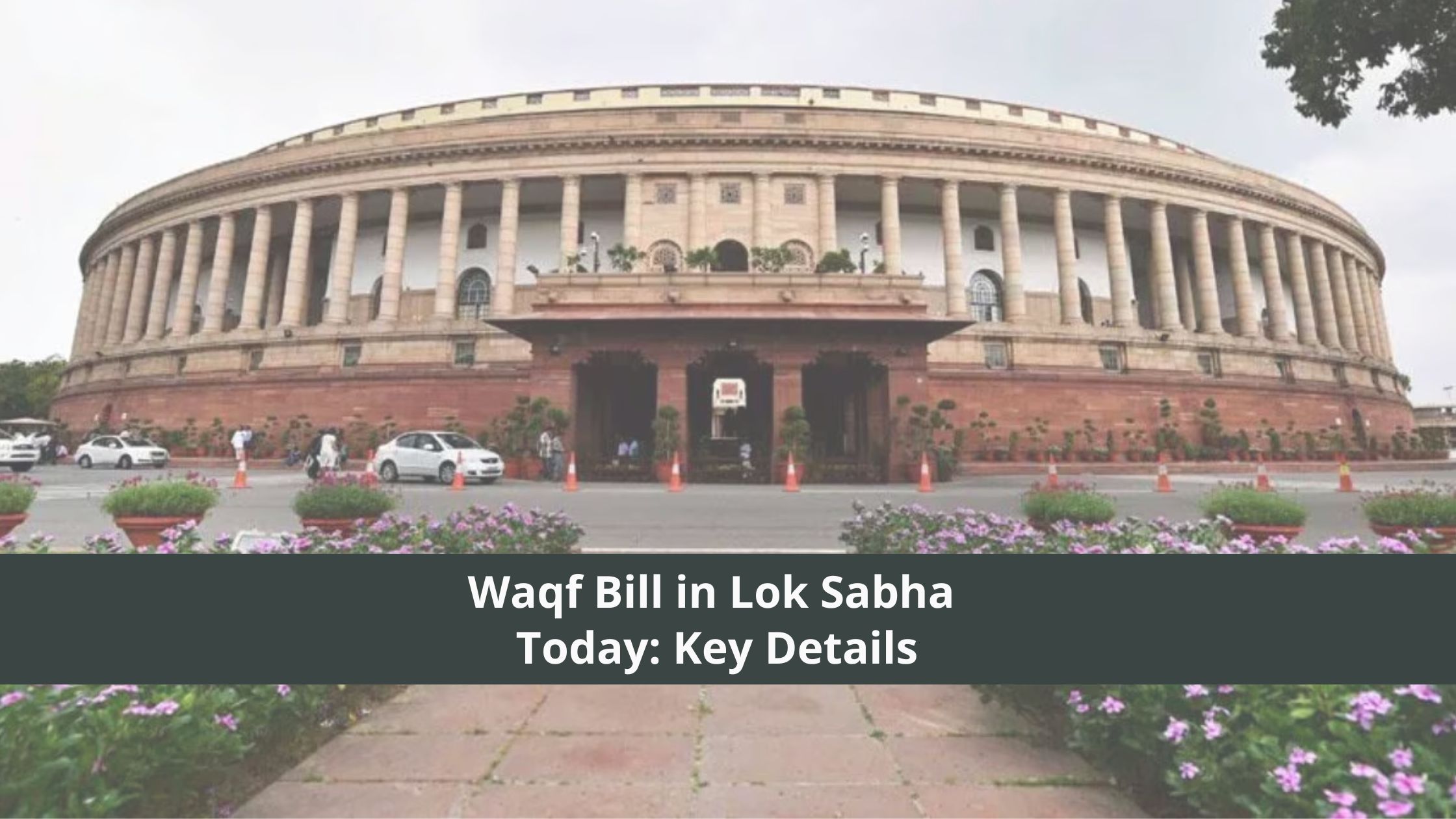
The much-debated Waqf Bill is set to be tabled in the Lok Sabha today, sparking discussions on its implications, legal framework, and the numbers behind it. The bill aims to bring changes to the governance and administration of waqf properties, ensuring better regulation and transparency. But how do the numbers stack up in Parliament, and what does it mean for the future of the bill? Let’s break it down.
The Waqf Bill is a proposed legislative amendment concerning waqf properties—endowments made for religious or charitable purposes under Islamic law. The bill seeks to streamline waqf management, strengthen oversight mechanisms, and address legal loopholes that have led to disputes and mismanagement in the past.
With thousands of waqf properties across India, their management has been a contentious issue. Allegations of mismanagement, encroachments, and lack of accountability have led to demands for reforms. The proposed bill attempts to address these concerns while ensuring that the rights of stakeholders are safeguarded.
However, critics argue that the bill might give excessive power to authorities, potentially leading to disputes over property control. The debate in the Lok Sabha will shed light on how different political parties view these reforms.
The success of the Waqf Bill depends on the political arithmetic in Parliament. Here's a look at the key numbers:
Given the bill's potential impact, it is expected to face intense debate before a final decision is reached.
As the Waqf Bill is presented in the Lok Sabha today, all eyes will be on the debate and voting numbers. The bill aims to introduce much-needed reforms in waqf property management, but its success depends on parliamentary consensus. Stay tuned for live updates on the bill’s progress and how it could shape the future of waqf regulations in India.
What’s your take on the Waqf Bill? Do you think it will pass? Drop your thoughts in the comments on https://forms.gle/RMs3hVzHNBRPovLD7